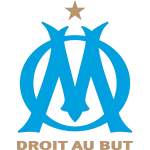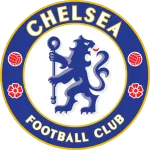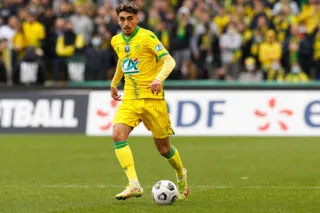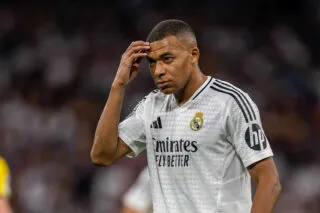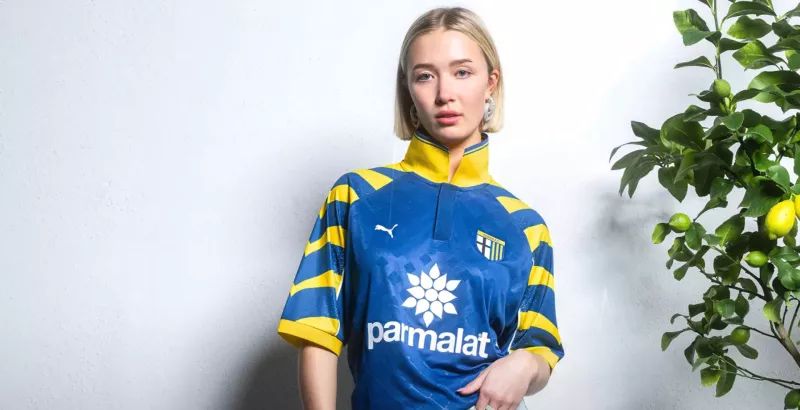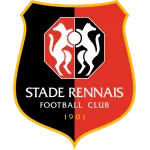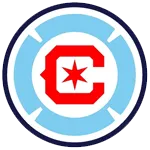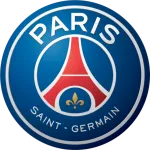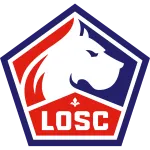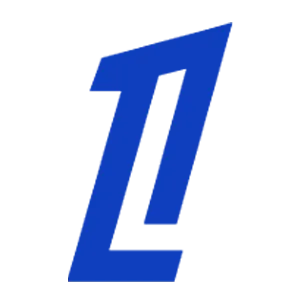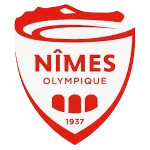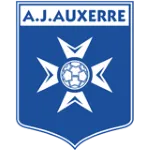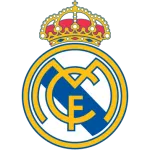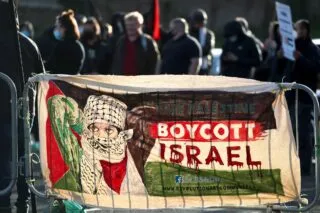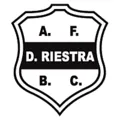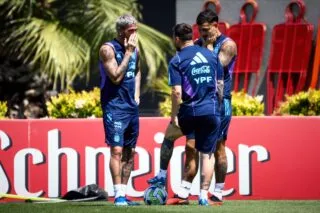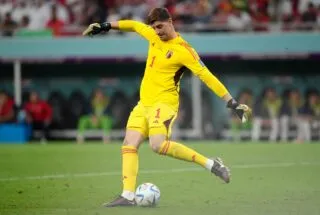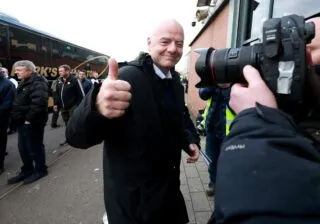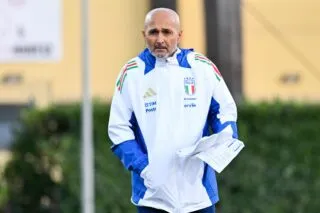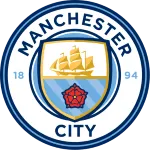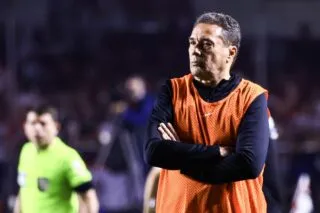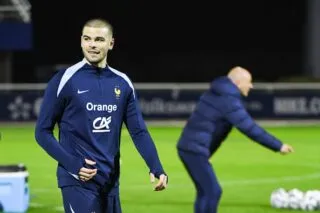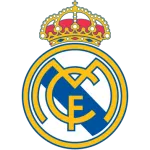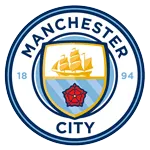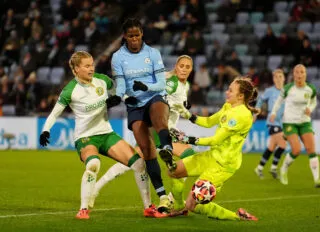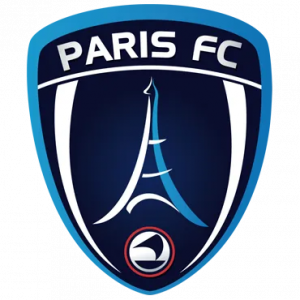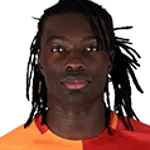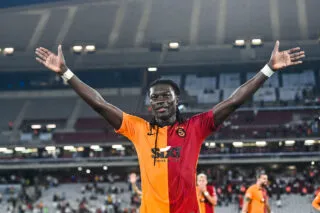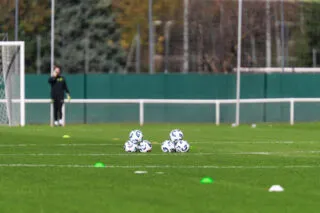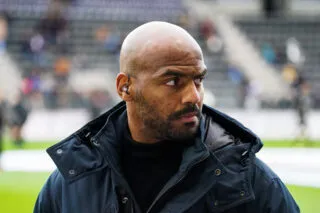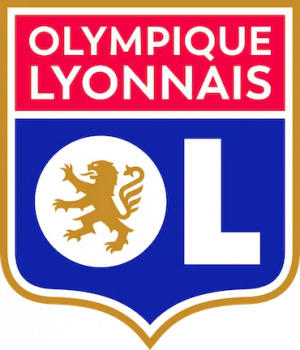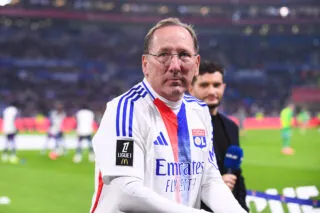- Major League Soccer
Damet : « On the bench, you don’t have time to think that you’re 29 »
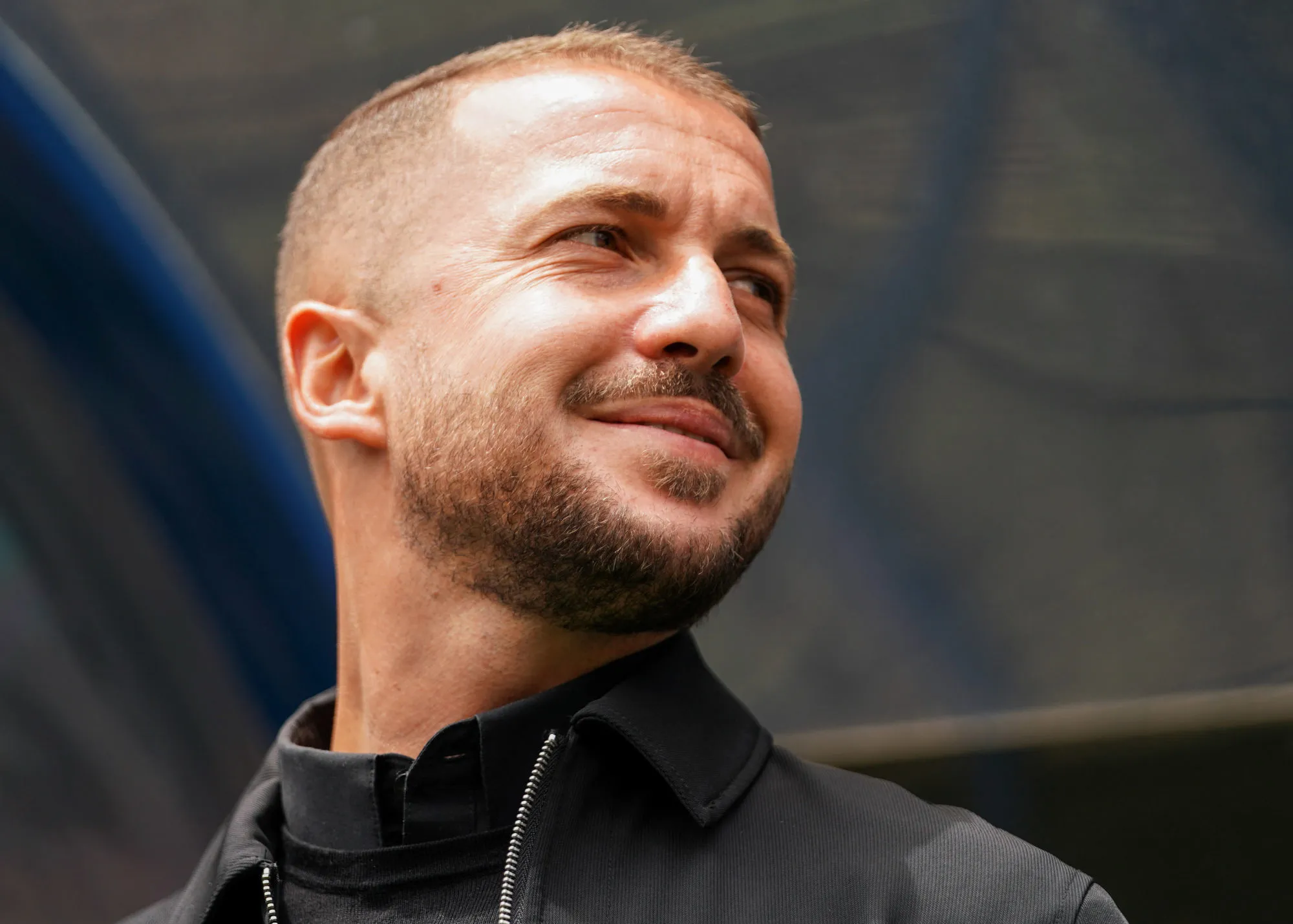
After landing in Montreal a few years ago to visit a friend, Yoann Damet never came back. Meanwhile, the Frenchman has helped to set up the Impact’s pre-academy, and became, last spring, the youngest manager in the history of the MLS, at 29, at FC Cincinnati. Now an assistant-coach in the Ohio-based club, he recalls his experience in a team which had a difficult first season in the MLS.
You were born in Marseille, in the early 1990’s. Did it play a part in developing your passion for football ? I was born in Marseille, but in the end, I didn’t spend a lot of time there. My father was transferred to Burgundy when I was three years old. I mainly grew up there, even if we would go back to Marseille at least once a year. I learned much later that we use to live on avenue du Prado, less than 100 meters away from the Stade Vélodrome. Of course, it also played a part in how I got into football : OM, its history, but it was mainly with the 98 World Cup. At that time, I was eight years old, and when you’re that sort of age, it leaves a mark. My reaction was to get my first player’s license for the 1998-1999 season, and then to grow an interst for the game, for the history of football, and progressively for coaching. And, strangely, I quickly wanted to coach.

Before turning eight, you weren’t into football ? No, not at all, it wasn’t present in my family. It really arrived with the World Cup. But then, it often happens that when you get into something, you develop a passion for it, and it goes very quickly. For me, once I started enjoying football, I couldn’t get rid of it, it was like some sort of drug. It’s an addictive thing.
Are there teams that you admired more than others, at the beginning ?It happened in two phases, actually. First, there was my playing career, where sometimes, you don’t take the step back which is necessary to analyse the game. And then my coaching career, where I really started to take an interest in the game itself. In the end, it happened pretty quickly because I was in charge of my first team at the age of 16. The age of 16, for me, was in the mid-2000’s, so the birth of Guardiola’s Barcelona, Mourinho’s Chelsea, fascinating things for a teenager. What I especially watched was the way that these guys handled their squads. While growing up, I started enjoying different styles, different approaches, different leagues, and different systems.
In concrete terms, what did you do, at 16 ? Did you take notes in front of games, did you play Football Manager ?Absolutely not. (Laughs.) I’ve never really played FIFA, or Football Manager. It was more about commitment, so at 16, I was given the responsibility to be in charge of U13 team, an experience which enabled me to improve my understanding of the socio-educational aspect of the job. When you’re in charge of kids who are that age, you have to help them mature as players, but mainly as adults. That’s the deal. Simultaneously, I spent some time on the internet, watching videos, reading books, and meeting a lot of different educators, and at 18, I passed my first coaching badges to create my own working environment.
Are there people you’ve met who have made a big impact on you ?I still meet with a lot of people even today. Not so long ago, I had the opportunity of meeting Gregg Berhalter, the head coach of the US national team, or New York City’s manager, Domènec Torrent, who has been Guardiola’s assistant coach for many years. You go to the restaurant, you grab a cup of coffee, it’s enriching. When I was younger, I did the same thing within my environment : one of the educators of the U13 team I played in got me into coaching. I was always curious, a digger, so when a door opens up, I get in, and dig as much information as I can.
You left for Montreal at the age of 23. In the beginning, you were simply going to visit a friend. And you ended up being in charge of Montreal Impact’s pre-academy a few weeks later. It’s all a bit crazy, isn’t it ?When I went to Montreal, it was more a question of opportunity. In the beginning, I went there to visit a friend who had played in France, and who I became friends with. I had a great summer there, it was my first trip outside of Europe, and I got to meet the people who work in football in Montreal, whether it was at an amateur level or at the Impact. After that, I came back every summer, until I got this opportunity. At that time, I was in Dijon, at the DFCO, where I didn’t have a contract, but I was a full-time volunteer there, while living on benefits. I spent all my days at the club, at the academy, but Montreal came in. And it matched straight away. Philippe Eullaffroy, the director of the academy at the Impact, trusted me. I also knew that it was a different projects from the ones I had been involved in previously. I enjoy coaching, handling a team, but what I was offered, was to join as the coordinator of the pre-Academy, which is the equivalent of the football school in France. It’s something that didn’t exist at the time at that we created. We had to set up a formation project linked to the academy, recruit players, coaches…I also simultaneously worked as a physio with the U17 and the U19, but also as an assistant-coach with these two teams. So I agreed straight away. For the first time, I was offered a full-time job in football. And it payed off.

Because you were also quickly given responsibilities.Yes, a lot of independence, but also because the people in charge at the Impact were open-minded and progressive people. At 23, I was given the ideal frame to mature my ideas. The challenge was interesting, even if it’s never easy to leave everything behind. You’re taking a risk, because you leave behind everything that you’ve established, but also your family, your friends…all of that for a passion. But then again, it’s also something exciting. I was leaving for football, so I forgot to think about the downsides.
You also arrived in a city and a country which have a different relationship to football. What struck you when you first arrived ?The advantage was that the structure of the Impact was very much europeanized. We managed to put in place adjusted schedules and teaching programmes for the students, etc, so it was pretty similar in the way things worked. It’s culturally that things were different, but I found youngsters who were 200% committed to their formation project. The big difference is maybe the league, because even at a younger level, when you’re playing away, you have to travel for twelve hours on a bus. Sometimes, you arrive on a pitch where there are no dressing rooms. You’ve spent the night at a hotel, you play in the morning, you can’t shower afterwards and you have to get back on the bus for twelve more hours. It’s pretty special (laughs) and it’s not ideal in terms of recovery, because you leave on Friday at 8 a.m and get back on Sunday at midnight.
And the crowd ?In North America, the passion is there. People come to the stadium, and the atmosphere is even more positive than in the majority of European stadiums. Here, they come to watch the game, two teams facing each other…And to support their team too, obviously, but you feel that there is less chance to see the atmosphere take a negative turn in the stands. I’ve also lived it in Cincinnati this season, where the results were complicated (Editors’s Note : Cincinnati FC finished last of the Eastern Conference with six wins in 34 matches played), but where the supporters have never turned their backs on us. I’ve never felt a negative pressure on the team, despite the disappointment and the expectations. Then again, Montreal is slightly more European, and we saw it this year. Here, there is more contestation when there are bad results…
When you were at Impact, there was Didier Drogba, Ambroise Oyongo, Laurent Ciman… Did you share things with them during this common experience ? Yes, sometimes, notably with Ambroise. We mainly talked about their previous experiences, with Drogba too. I asked him dozens of questions on the managers that he had worked with previously, and about a few tactical points…
Your personal experience took a turn in March 2017, when you joined FC Cincinnati. Why did you chose to go there ? What happened was that in 2015, while I had passed my UEFA coaching licence in France, I decided to pass my coaching badges in Canada. I wanted to test myself in the educational system of Canadian coaches. During my formation, I met Alan Koch, who was coaching the Vancouver reserves team at the time. We worked together during two separate ten-day periods, on and off the pitch. When he passed his A-licence in Canada, he got the job here, in Cincinnati, and called me in 2017 to become his assistant. I had only spent 20 days with him, but something happened, so I followed him and left everything behind again. I knew that the club wanted to join the MLS, that it was its ambition, with a great passion, and a long-term vision…
And in 2019, Alan Koch was sacked and you were chosen to be the caretaker-manager. Were you prepared to become the youngest manager in the history of the MLS at 29 years old ? You’re never prepared for this sort of thing… It actually goes very quickly. When the president talked to me about it, the club was in a difficult situation, I had to step up. My mission was clear : I had to ensure a smooth transition between Alan Koch and the future manager. It’s not simple in the beginning because you’re replacing the person who brought you to the club. So my objective was simply to do the best I could.
Your first match as a head coach was against Montreal, where Rémi Garde was the coach at the time. Did you manage to exchange a few words ? Facing the Impact, for me, was obviously strange : I had never been in charge of a senior team before, I was facing my ex-club, a French manager… Especially in this context. We had lost five matches in row, hadn’t scored a single goal in these five matches, nothing ideal, and yet, we managed to win 2-1. I didn’t really have the time to speak with Rémi, but he said a few nice words to me before the game.
What did he say ?He told me : « Congratulations on getting the job and welcome to the washing machine. » It means what it means (Laughs.) It was a nice wink to find two French managers in an MLS match.
But personally, weren’t you afraid, knowing that you had never coached a senior team ?It was actually pretty strange because you don’t have the time to take a step back to analyse the situation. I had a crazy week, where you arrive at the office at 5 a.m and leave at 10 p.m in the evening. I had to prepare everything and define the priorities of our game, whether it was our passing routines, the defensive structure, the organisation of our positional game… I also had to prepare for all the different possible scenarios of the game. All that in the space of three matches. So you don’t get to sleep a lot, and you don’t have the time to think that you’re 29 or 59, if it’s your first or 1000th match on a bench. The important thing was to gain credibility in the eyes of my group, and to convince my players to follow me. In this regard, the result of your first match helps, but it’s the players who make the decision. As for yourself, as a coach, I worked very hard before the match and when it came, I was exhausted, but I had the feeling that I had the situation under control. I was mainly excited to see how the work that we had done during the week would translate on the pitch.
In the end, you were in charge of the team for eleven matches (three wins, eight defeats) before being replaced by Ron Jans. What have you learned during that time ? That this job isn’t a simple one (Laughs.) We’ve all had a difficult season. The club asked us to set up a clear playing philosophy for the years to come and when you’re doing that, you know that you’re exposing yourself to disappointing results. You’re never prepared to be standing, with your players, in a technical area, and to suffer that much. Some matches were really difficult for us (Editor’s note : FC Cincinnati ended the season with a -44 goal difference), but we’ve learned to put our ego aside. Even when you’re suffering, you have to show your players that you believe in them, that you trust them… These were things that I already knew, but when you’re 3-0 down after thirty minutes, you’re snowed under, you have to put these things into practice and be capable of creating a tactical reaction to respond to what you’re opponent is offering. And you have to be very quick, you don’t have 20 minutes to think about it, and you can’t get it wrong, because your players have put their trust in you.

Wasn’t it to difficult to step down and get back to an assistant-coach position last summer ?I’ve discovered a new manager, Ron Jans, and I’m sharing my experience in the MLS with him. He’s been here for two months, we’re still getting to know each other. We’re already preparing for next season, and trying to find the optimal set-up. Having someone coming in from the outside also brings you a breath of fresh air, and that’s positive after such a demanding season. As for the transition, the club did things very well and I already knew that I wouldn’t be in charge of the team at the end of my interim. I simply had to create a healthy environment for the new manager. Then again, once you get a taste of it, you want more, obviously. But I also know that I’m young and I’ve still got things to learn. I know where I am, what my goals are for the future, that I’m in an ambitious club, where people trust me, so I don’t ask myself too many questions.
You don’t even think about possibly coming back to France ?Not yet, even if I have friends in Brest, Dijon, or Nîmes… I still follow Ligue 1, even if it’s difficult with the time difference. Here, we mainly get to watch the Premier League. But coming back to France, I’m not thinking about it yet, no. (Laughs).
Interview by Maxime Brigand
